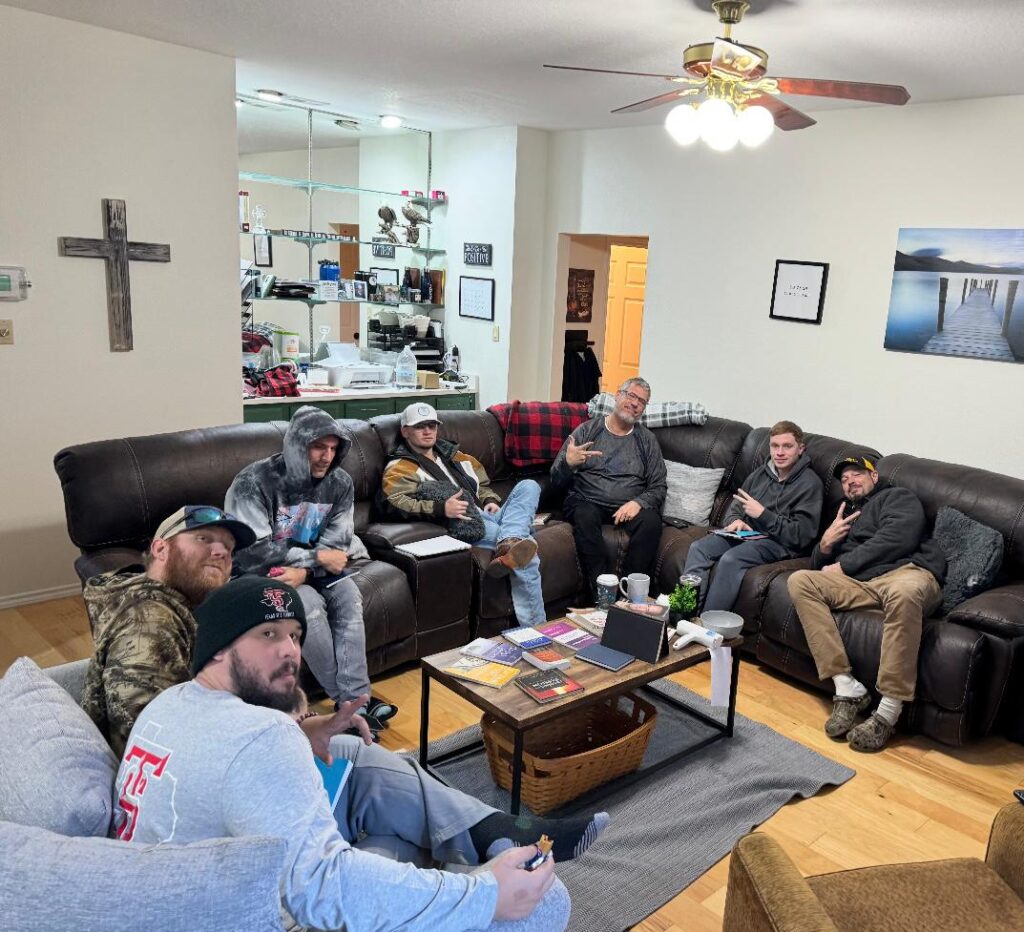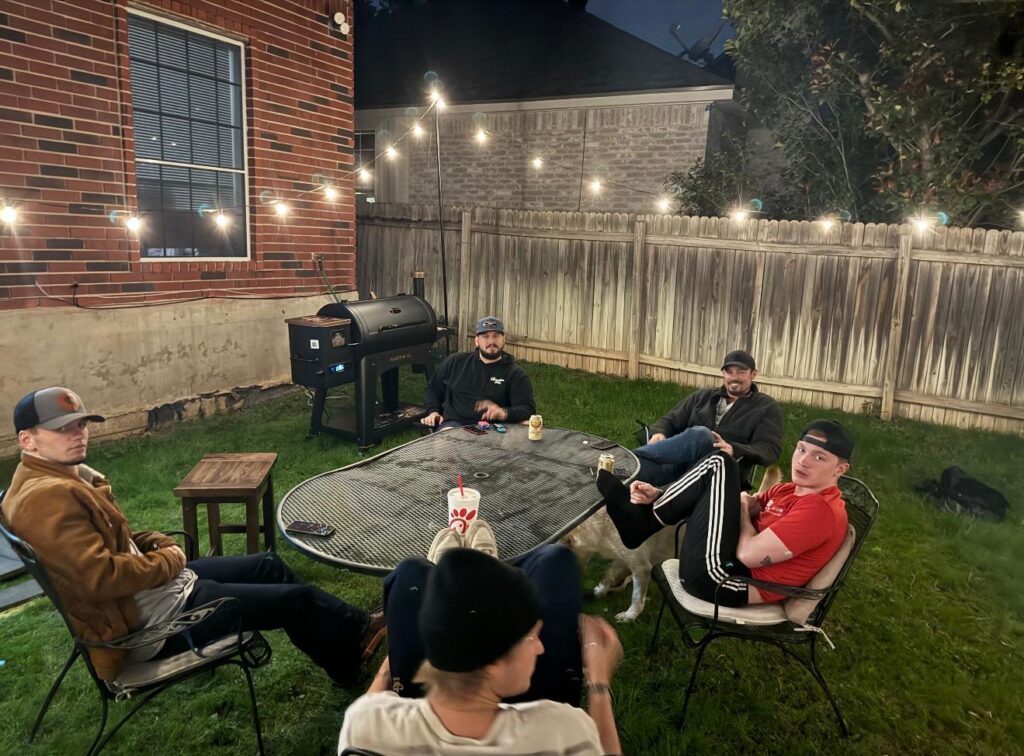Table of Contents
After rehab, the real work often begins – this is when the real recovery begins. It can be overwhelming to step back into daily life after a long vacation. This is where sober living homes come in. Providing a safe, supportive environment while slowly reestablishing independence is a middle ground between healing and recovery.
The structure of sober living homes is one of the things that make them so effective. What is at the core of that structure? Sober living house rules . They aren’t meant to be strict for the sake of being strict – they’re designed to protect the space, encourage accountability, and promote a healthy, safe environment.
It is important to understand the sober living house rules before moving into a sober living home. People rely on them to stay on track, grow, and feel supported during one of the most important transitions in their lives.
What Is a Sober Living House?
A sober living house is a drug- and alcohol-free living environment where people in recovery can live after rehab. Located between inpatient treatment and returning to daily life, it offers residents stability and support as they continue to build a new, sober lifestyle.
Sober living homes are more community-oriented and accountable than rehab centers, which typically provide intensive medical and therapeutic care. There are usually more freedoms for residents , they can work, go to school, and handle day-to-day responsibilities – but they must still follow house rules and attend regular meetings.
It is possible to find a sober living home that meets your needs in different ways. Some are male-focused, others female-focused, and others co-ed with clear guidelines for maintaining a respectful and safe environment. All recovery spaces have the same goal: to support long-term recovery in a healthy, substance-free environment.



Why Sober Living House Rules Are Important in Sober Living
A sober home isn’t just about staying clean – it’s about learning how to live again with structure, purpose, and connection. This is where house rules come into play. It’s not just a list of dos and don’ts – they’re a key component of sober living.
The rules promote accountability and discipline first and foremost. By holding everyone to the same standard, they gain a sense of personal responsibility. It is very important for residents to be punctual, contribute to the household, and take responsibility for their actions while living in a sober home – all essential skills for life outside of it.
Structure is also crucial for preventing relapses. Clear boundaries and expectations can make the difference between staying on track and slipping back into old habits in early recovery. Rules around drug testing, curfews, and meeting attendance are there to protect everyone’s progress.
The rules of the house also contribute to the creation of a safe and respectful community. It fosters trust and a sense of belonging when everyone follows the same guidelines, such as respecting each other’s space, communicating openly, and avoiding conflict. Recovery depends heavily on the support of that community.
Common Sober Living House Rules
While every sober living home may have its own unique guidelines, there are some rules that are widely followed across the board. These rules help keep the environment safe, respectful, and recovery-focused. Below are some of the most common sober living house rules you’ll likely come across.
6.1 Zero Tolerance for Drugs and Alcohol
This is one of the most important sober living house rules in any sober living environment. There is absolutely no use or possession of drugs or alcohol allowed. Residents are expected to remain clean, and drug and alcohol testing is often part of the routine.
If someone is caught using or fails a test, they may be asked to leave. This rule is in place to protect everyone’s recovery and keep the house focused on healing.
6.2 Mandatory Attendance at 12-Step Meetings or Support Groups
Ongoing recovery support is essential. Most sober homes require residents to attend meetings such as Alcoholics Anonymous, Narcotics Anonymous, or other peer-led support groups. These meetings help residents stay accountable and connected to a recovery community.
Showing up consistently helps reinforce positive habits and keeps residents grounded in their recovery journey.
6.3 Curfews and Check-Ins
Structure is a big part of sober living. Curfews help create healthy routines and reduce the risk of late-night temptations. Residents are usually expected to be home by a certain time each night and may be asked to check in with staff.
Following curfews helps everyone stay consistent, safe, and focused on recovery.
6.4 Respect for Housemates and Staff
Respect is at the heart of any healthy living situation. Residents are expected to treat each other and staff with kindness, patience, and consideration. This means no yelling, gossiping, or disruptive behavior.
When everyone shows mutual respect, the house becomes a peaceful and supportive space where healing can happen.
6.5 Participation in Chores and Responsibilities
Everyone in the house is expected to contribute. That means helping with cleaning, cooking, or other daily tasks. These shared responsibilities teach important life skills and help create a sense of ownership and teamwork.
When each person does their part, the home stays clean, organized, and comfortable for all.
6.6 No Violence, Harassment, or Theft
Safety comes first. There is no tolerance for aggressive behavior, harassment, or stealing. These actions can make others feel unsafe and can quickly break the trust that is so important in a sober community.
Clear boundaries are necessary to ensure that everyone feels protected and respected.
6.7 Visitors and Privacy Rules
Most sober homes have rules around guests to protect residents’ privacy and focus. Some homes may allow visitors during certain hours, while others limit or restrict them completely, especially during early recovery.
These rules help residents stay focused and avoid distractions that could impact their progress.
6.8 Employment or School Requirements
Many sober living homes ask residents to be working, going to school, or actively looking for a job. Being productive helps create structure, build confidence, and support long-term goals.
Staying busy during the day also reduces idle time and helps prevent relapse by keeping the mind focused and engaged.
If you or someone you care about is ready to take the next step after rehab, finding the right sober living environment can make all the difference. A supportive home with clear structure and community can help you stay on track and feel confident about the future.
Looking for a structured and supportive sober living home in San Antonio or New Braunfels?
Contact Drew Sober Living today to learn more about our community, our house guidelines, and how we can support your journey toward long-term recovery.
We are here to help you rebuild, grow, and move forward—one day at a time.

No responses yet